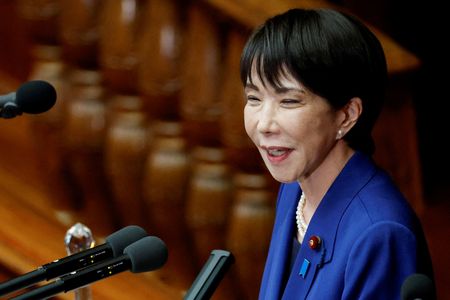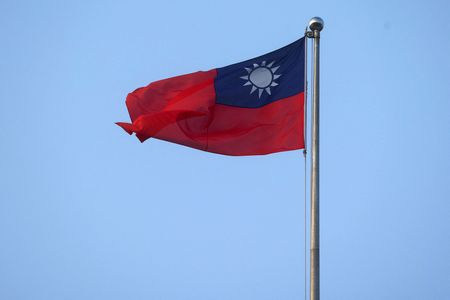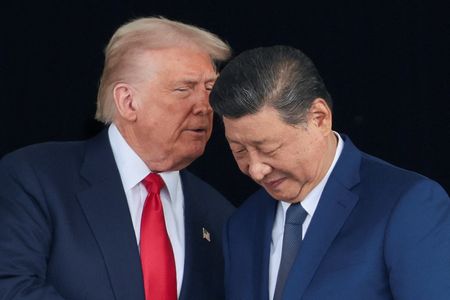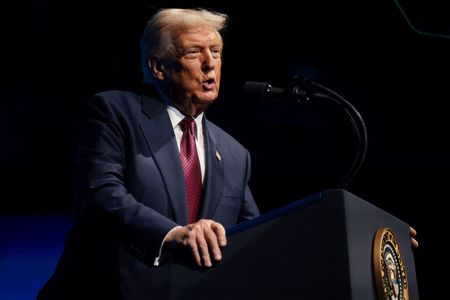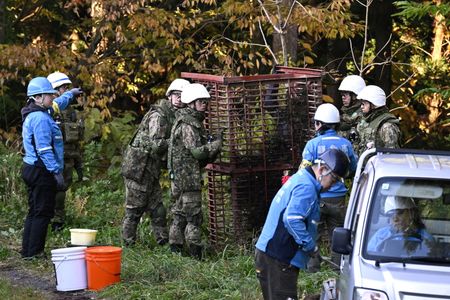By Makiko Yamazaki
TOKYO (Reuters) -Japan plans to revise its foreign investment screening law next year to streamline the review process and enable more targeted assessments of national security risks, a central pillar of Prime Minister Sanae Takaichi’s policy agenda.
The revision would be the first major update to the Foreign Exchange and Foreign Trade Act (FEFTA) since 2019, when the threshold for prior review of stock purchases by foreign entities was lowered from 10% to 1% for designated businesses.
The threshold change led to a surge in filings, with average annual submissions exceeding 2,000 since 2020 compared with around 500 beforehand, fuelling calls for improved efficiency.
The amended FEFTA took full effect in 2020 and contained a supplementary provision stipulating a review five years after implementation.
“We do see some areas where we think we need to streamline … to make sure we can hit the right target in a more efficient manner,” Atsushi Mimura, vice finance minister for international affairs, said at an event hosted by Bloomberg on Wednesday.
Mimura said work on the revision has just begun and that a draft bill could be submitted during next year’s ordinary parliamentary session. He did not elaborate on potential changes.
Last week, the finance ministry presented a document to the foreign investment screening panel in which it suggested narrowing the scope of IT businesses subject to prior review to those considered critical from a cybersecurity perspective.
The IT sector, including software services, currently accounts for more than half of screenings.
The finance ministry also identified loopholes in the current framework that it said must be closed.
One such concern involved domestic investors not subject to screening but who operate under the control or influence of high-risk non-residents, such as foreign governments.
The ministry also highlighted the need to address cases in which a foreign investor indirectly acquires shares in a Japanese company by taking control of a foreign entity that owns those shares. Such indirect investment currently falls outside the scope of FEFTA, even if the initial purchase underwent screening.
To strengthen oversight, the government is considering establishing an equivalent of the Committee on Foreign Investment in the United States (CFIUS), bringing together officials from relevant ministries and agencies to improve coordination on investment screening.
(Reporting by Makiko Yamazaki; Editing by Christopher Cushing)

